බල සේනා දෙකටම උසාවියෙන් අවවාද
ආගමික සංහිඳියාවට හානිකර කිසිත් නොකරන්නැයි කොළඹ කොටුව මහේස්ත්රාත් තිලිණ ගමගේ මහතා බොදුබල සේනාවට සහ ජාතික බල සේනාවට අද අවවාද කළේය.
කොළඹ නිපොන් හෝටලයේ ජාතික බල සේනා රැස්වීමට බලෙන් ඇතුළු වී අවහිර කිරීම හා කුරාණයට අපහාස කළැයි කියන සිද්ධියක් මත බොදු බල සේනා මහ ලේකම් ගලගොඩඅත්තේ ඥානසාර හිමි ඇතුළු භික්ෂූහු සිව් නමක් ද, ගිහියෝ දෙදෙනෙක් ද රුපියල් ලක්ෂය බැගින් වූ ශරීර ඇප මත මුදා හරිනු ලැබූහ.
ඥානසාර හිමි, විතාරන්දෙනියේ නන්ද හිමි, අරියවංශ සම්බුද්ධ හිමි, චන්දානන්ද හිමි, පී ජී ගුණවර්ධන හා පී වෑවල ඇප ලැබුවෝ වෙති.
නඩුව ජුනි 09 වැනි දාට කල් තැබූ මහේස්ත්රාත් අද උසාවියට නොපැමිණි වැලිමඩ චන්දරතන හා වැල්ලම්පිටියේ සුමනධම්ම හිමිවරුනට ද එදිනට පැමිණෙන ලෙස නොතීසි නිකුත් කළේය.
http://www.lankadeepa.lk/index.php/top_story/230714
At least 350 people have been killed and many more are missing, the UN says, after a landslide hit the north-east Afghan province of Badakhshan.
Hundreds of homes were buried under mud and rocks when a section of a mountain collapsed following torrential rain.
Rescuers have reached the area and are searching for survivors.
Much of north and east Afghanistan has been hit by heavy rain in recent days, and some 150 people have died in flooding.
"The number of deceased has increased to 350 and significant displacement is expected," the UN mission in Afghanistan said in a statement.
"The UN Office for the Co-ordination of Humanitarian Affairs (OCHA) is helping... local authorities to rescue those still trapped."
Tonnes of mudLocal officials say that more than 2,000 people are missing.
About 1,000 houses were affected - 300 of them buried immediately after the side of a mountain gave way.
As it was Friday morning, a day of rest in Afghanistan, people were at home and whole families were lost under tonnes of mud.
 Homes are buried beneath the mud and rocks
Homes are buried beneath the mud and rocks Officials say it is unlikely that anyone buried under the rubble is alive
Officials say it is unlikely that anyone buried under the rubble is alive Early television images showed almost the entire valley engulfed in mud
Early television images showed almost the entire valley engulfed in mudBadakhshan police commander Fazludeen Ayaz told the BBC that all of the village of Hargu - home to 215 families - was covered by earth and rock.
He said it was unlikely that anyone would be rescued alive from under the rubble and that even if there was rescue equipment available in the remote area, it would be difficult to dig people out.
RemoteThe BBC's Qurbon Ali Hamzi in Badakhshan says it is still raining and there are fears of further landslides.
Badakhshan is in the most remote and mountainous part of the country, bordering Tajikistan, China and Pakistan.
Searching for survivors is a huge task, our correspondent adds.
The governor of Badakhshan province, Shah Waliullah Adeeb, told AP news agency that rescue crews did not have enough equipment and appealed for shovels.
"It's physically impossible right now," Mr Adeeb said. "We don't have enough shovels; we need more machinery.''
He said that residents of nearby villages had been evacuated amid concerns about further landslides.
Another, smaller landslide was reported in Badakhshan on Thursday.







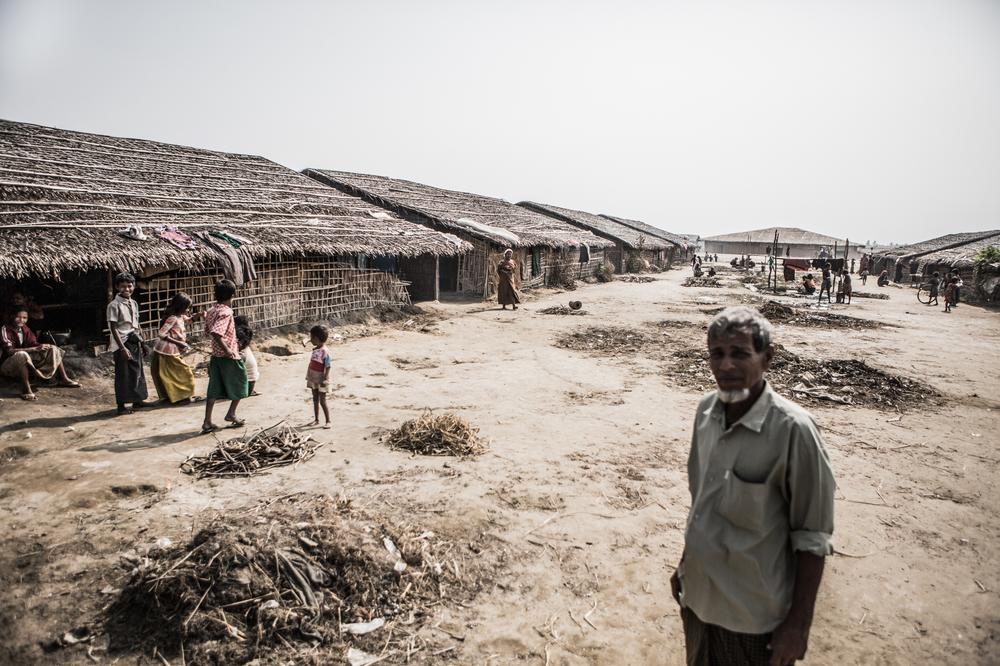
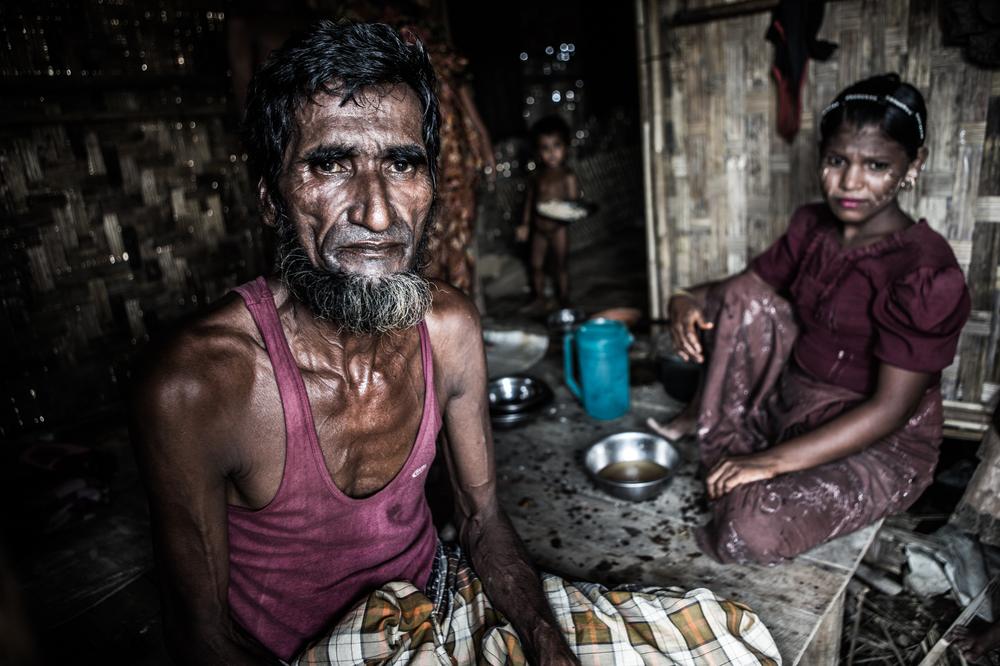
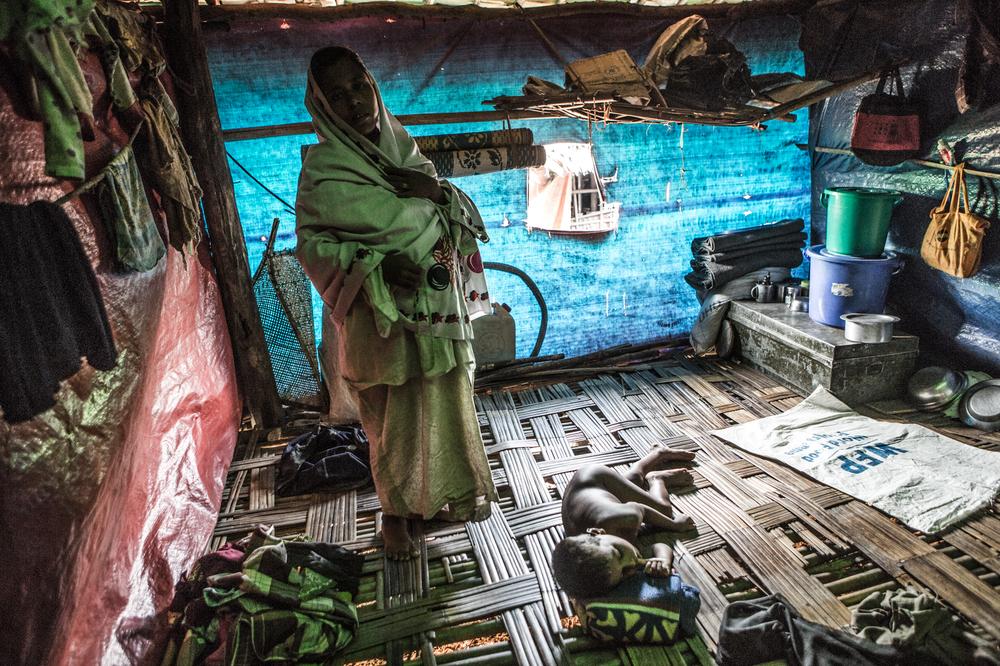
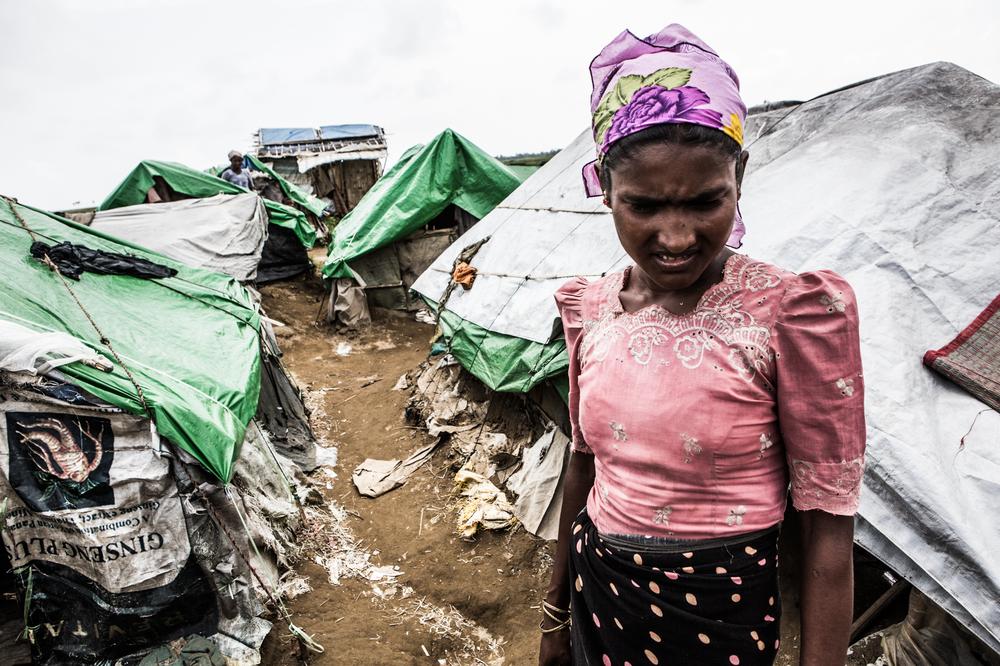
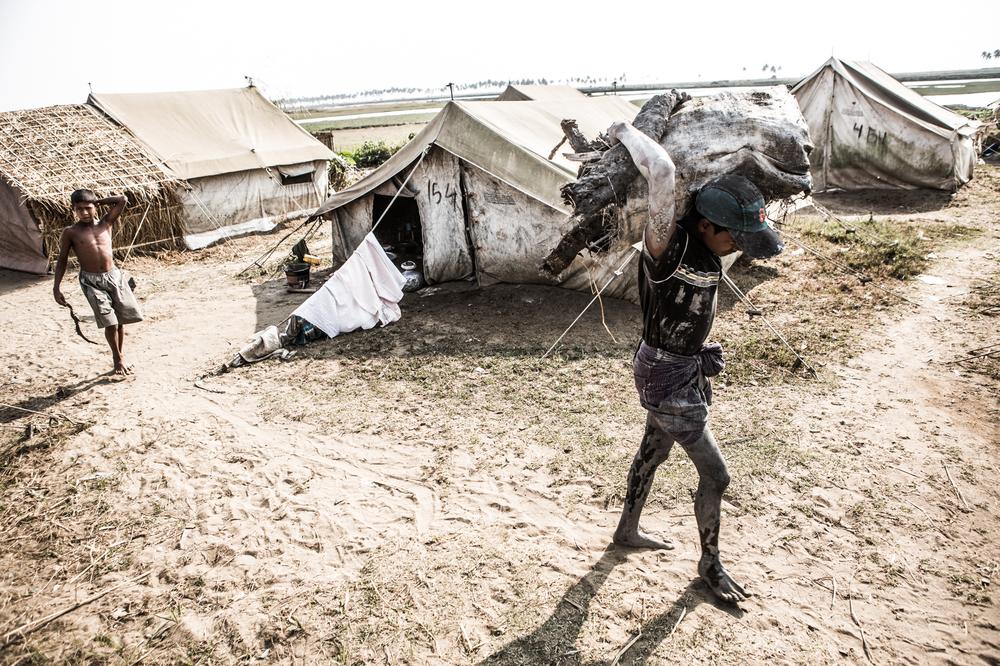
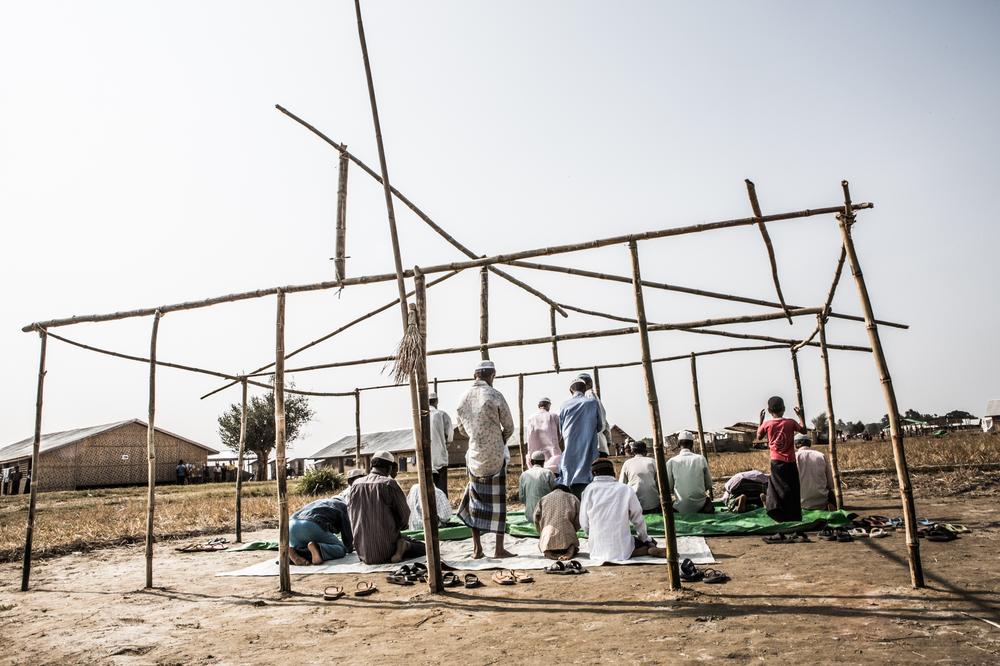
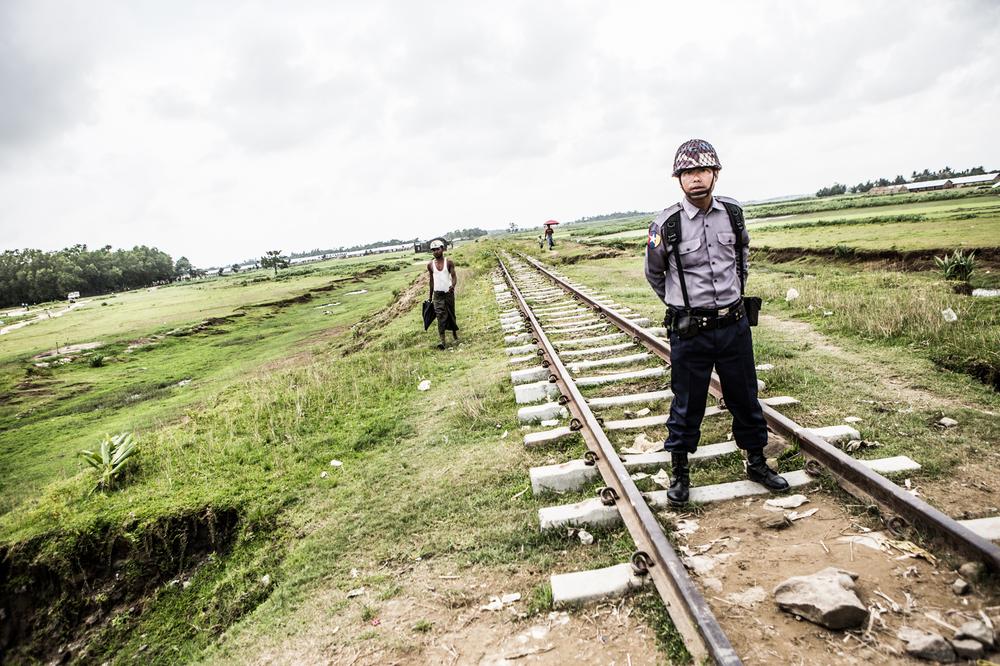
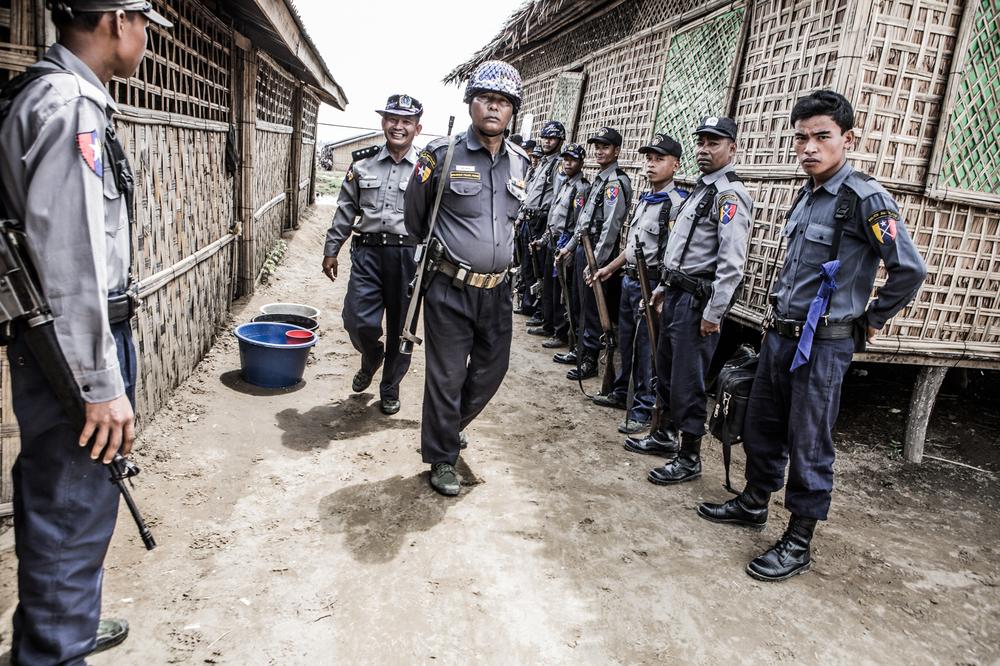
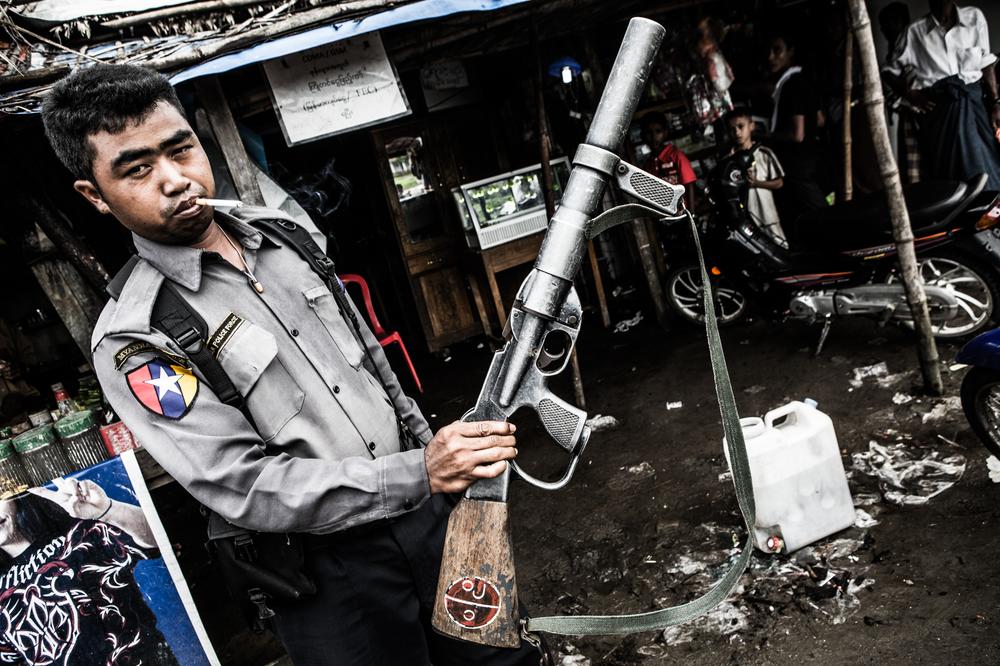
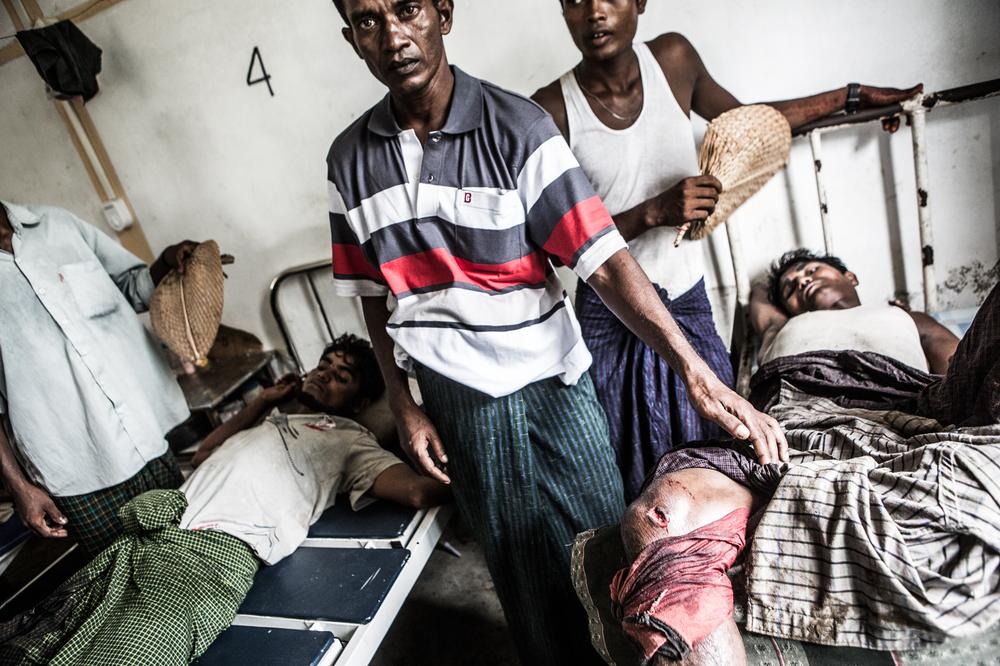
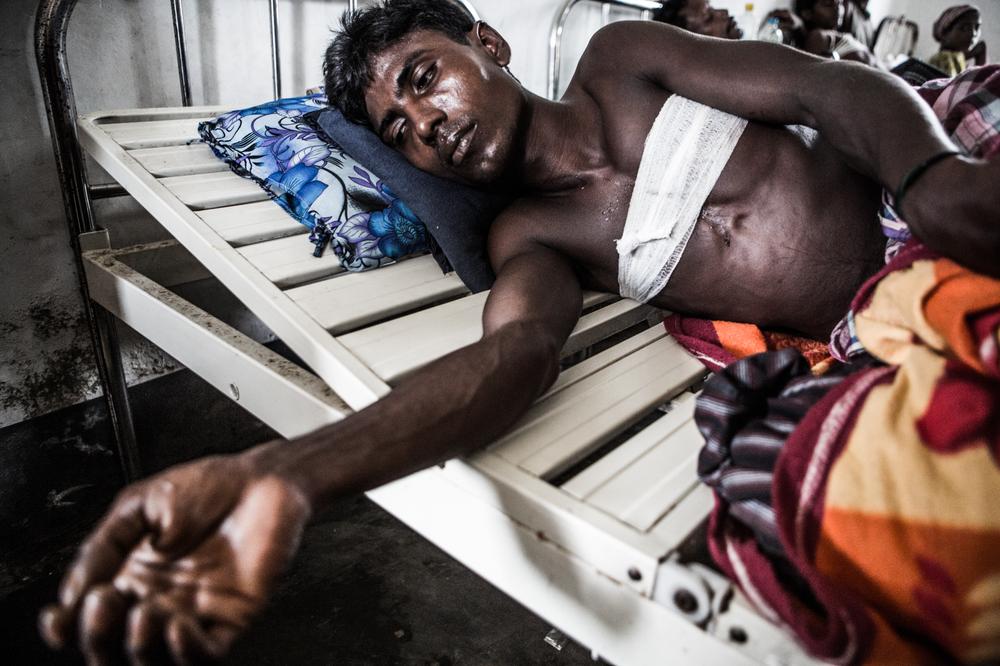


![[Reader Discussion] Being Productive When You're Not Feeling Well | Productive Muslim [Reader Discussion] [Reader Discussion] Being Productive When You're Not Feeling Well | Productive Muslim](https://ci4.googleusercontent.com/proxy/Kf13SGbRNaJAq30jZpJ-X0aNgEF46jrlMsLH2Nm-XJL9w2FHgAbd-nlLiBjUCBsVX1H0enuRGa2-D9x9JgmV53y6A12w6Uz7-Bbt9MsOkufm0CRCQnXJNRbIcGMH6gsi25sQPbtxOZR6SKPNFkMP2q6BUrpXm1J-bPjG4w=s0-d-e1-ft#http://cdn.productivemuslim.com/wp-content/uploads/2014/03/Productive-Muslim-Reader-Discussion-600.png)